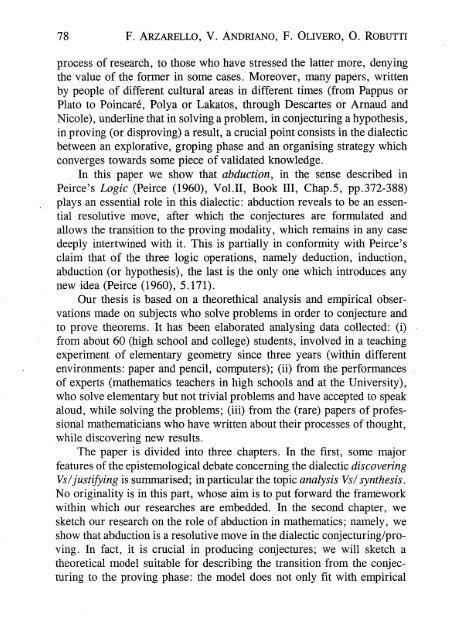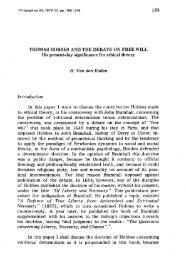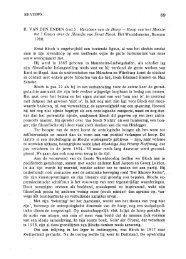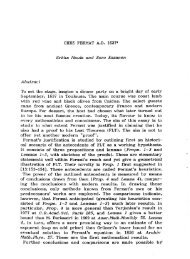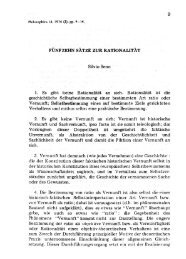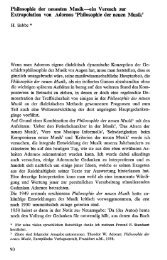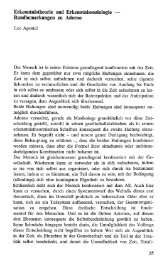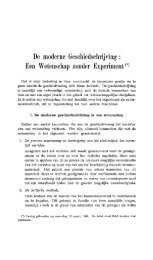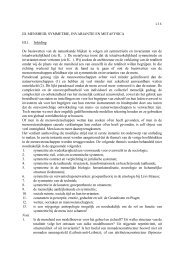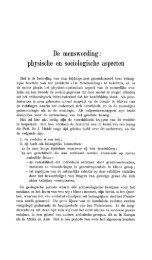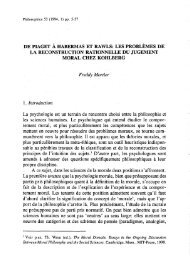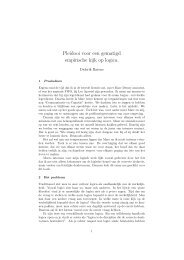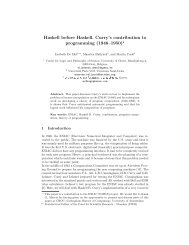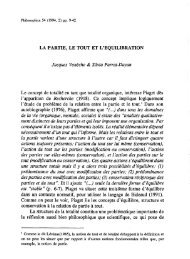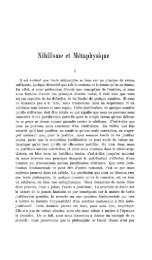Ferdinando Arzarello, Valeria Andriano, Federica Olivero & Ornella ...
Ferdinando Arzarello, Valeria Andriano, Federica Olivero & Ornella ...
Ferdinando Arzarello, Valeria Andriano, Federica Olivero & Ornella ...
You also want an ePaper? Increase the reach of your titles
YUMPU automatically turns print PDFs into web optimized ePapers that Google loves.
78 F. ARZARELLO, V. ANDRIANO, F. OLIVERO, O. ROBUTTI<br />
process of research, to those who have stressed the latter more, denying<br />
the value of the former in some cases. Moreover, many papers, written<br />
by people of different cultural areas in different times (from Pappus or<br />
Plato to Poincare, Polya or Lakatos, through Descartes or Arnaud and<br />
Nicole), underline that in solving a problem, in conjecturing a hypothesis,<br />
in proving (or disproving) a result, a crucial point consists in the dialectic<br />
between an explorative, groping phase and an organising strategy which<br />
converges towards some piece of validated knowledge.<br />
In this paper we show that abduction, in the sense described in<br />
Peirce's Logic (Peirce (1960), Vo1.II, Book III, Chap.5, pp.372-388)<br />
plays an essential role in this dialectic: abduction reveals to be an essential<br />
resolutive move, after which the conjectures are formulated and<br />
allows the transition to the proving modality, which remains in any case<br />
deeply intertwined with it. This is partially in conformity with Peirce's<br />
claim that of the three logic operations, namely deduction, induction,<br />
abduction (or hypothesis), the last is the only one which introduces any<br />
new -idea (Peirce (1960), 5.171).<br />
Our thesis is based on a theorethical analysis and empirical observations<br />
made on subjects who solve problems in order to conjecture and<br />
to prove theorems. It has been elaborated analysing data collected: (i)<br />
from about 60 (high school and college) students, involved in a teaching<br />
experiment of elementary geometry since three years (within different<br />
environments: paper and pencil, computers); (ii) from the performances<br />
of experts (mathematics teachers in high ·schools and at the University),<br />
who solve elementary but not trivial problems and have accepted to speak<br />
aloud, while solving the problems; (iii) from the (rare) papers of professional<br />
mathematicians who have written about their processes of thought,<br />
while discovering new results.<br />
The paper is divided into three chapters. In the first, some major<br />
features of the epistemological debate concerning the dialectic discovering<br />
Vs/ justifying is summarised; in particular the topic analysis Vs/ synthesis.<br />
No originality is in this part, whose aim is to put forward the framework<br />
within which our researches are embedded. In the second chapter, we<br />
sketch our research on the role of abduction in mathematics; namely, we<br />
show that abduction is a resolutive move in the dialectic conjecturing/proving.<br />
In fact, it is crucial in producing conjectures; we will sketch a<br />
theoretical model suitable for describing the transition from the conjecturing<br />
to the proving phase: the model does not only fit with empirical


